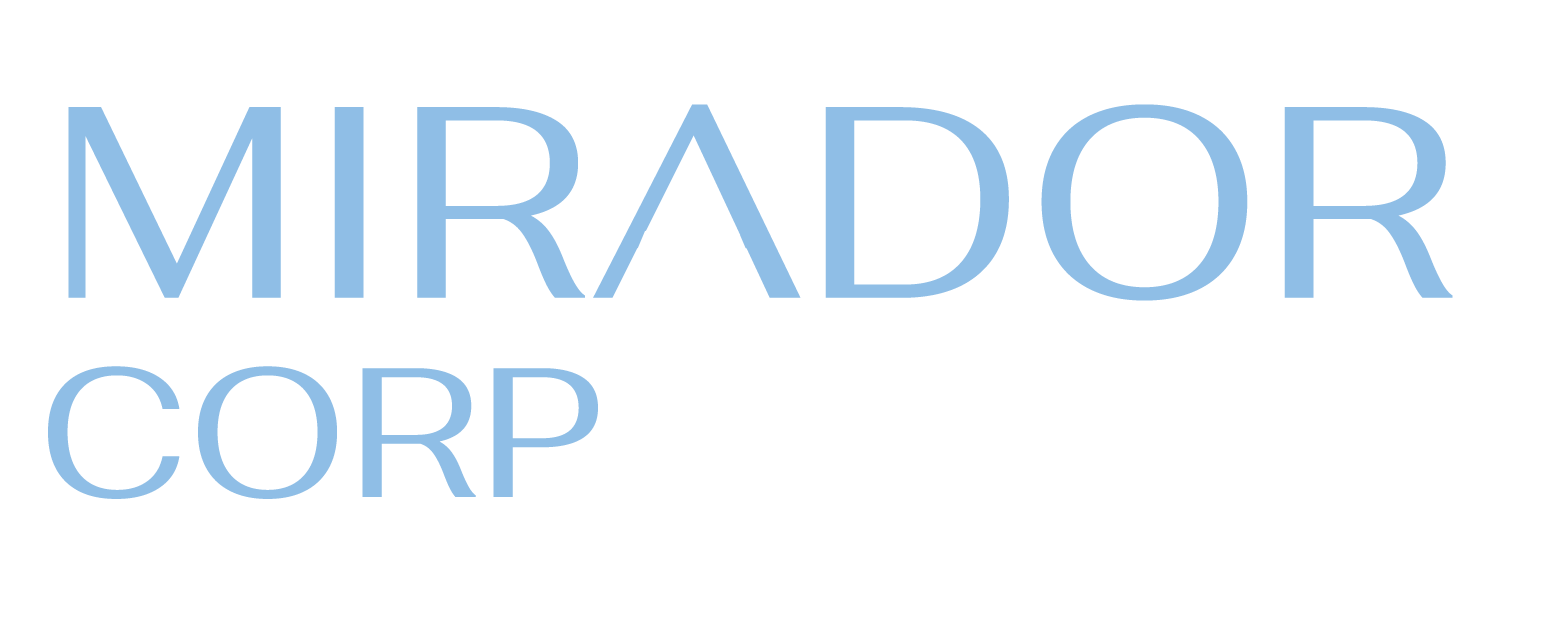Estate Planning in Calgary
An estate plan is a detailed plan which communicates how your wealth will be distributed in the event of your death. The two goals of an effective estate plan are distributing your assets in accordance with your wishes and minimizing any tax liabilities upon death and transfer of the assets so that the beneficiaries of your wealth are not left with an undue tax burden.
Having an estate plan and designating powers of attorney in your will to carry out that estate plan will not only ensure your assets remain with the people and causes you care about in a cost-effective manner, but it will also reduce the risk of creating an emotional burden for those you leave behind.
It is also important to have a personal directive (or living will) in place, as well as an enduring power of attorney, to ensure that in the event that you become incapacitated, your affairs are carried out in accordance with your wishes.
What is the best way to pass on the family cottage? What about a succession plan for the family business? Does it make sense for you to utilize trusts? Would you rather give the gift upon your passing or during your lifetime while you are alive to see the beneficiary?
At Mirador Corporation we will work closely with your lawyers and tax advisors to ensure that your estate planning goals are met in a tax effective manner and that you have all the appropriate documentation in place (a will, a power of attorney and a personal directive).
We will also recommend strategies to minimize income taxes when you are naming beneficiaries on registered accounts, when making withdrawals from registered accounts, among others.

Naming Beneficiaries on Registered Accounts
Upon your death, the balance of your registered accounts such as your Retirement Savings Plan (RRSP) or Registered Retirement Income Fund (RRIF), can be transferred on a tax-deferred to your spouse or a child that is financially dependent because of an impairment in physical or mental function, if they are named as the beneficiary. Taxes will be owed in the future as amounts are withdrawn from the RRSP or RRIF.
Without a spouse or dependent child named as the beneficiary, the balance of the registered account goes to the estate and the full amount will be taxed at the time of your death. This will have a significant adverse impact on the amount of wealth you are leaving to your beneficiaries.
Naming a Successor Annuitant
You can also name your spouse as a successor annuitant of your RRIF (but not your RRSP) instead of naming them as a beneficiary. In this instance, they receive income from the RRIF each year until their death, at which time the balance of the RRIF will pass to the beneficiary you have named, such as your children. This strategy is often used in second marriages and allows you to take care of your spouse as long as they are alive, and gives you control over who receives the residual value.
Timing Withdrawals from your RRSPs and RRIFs
It often makes sense to delay withdrawals from your RRSP or RRIF as long as possible to defer tax and maximize the amount of capital working for you. However, there are times when it makes sense to withdraw amounts from your RRSPs or RRIFs earlier such as when you are in a lower income tax bracket or to minimize the Old Age Security (OAS) claw back. Similarly, it might make sense to withdraw funds from your RRIF to make your annual TFSA contribution.
At Mirador Corporation, we realize the importance of estate planning for those who want to leave a financial legacy. We recognize the uniqueness of each individual situation and will do an analysis and make recommendations to help you achieve your estate planning goals to ensure a smooth wealth transition.
Of equal importance, we will ensure that the wishes outlined in your will and estate plan are reflected in your financial and retirement plans so that they all work together to achieve your goals.
